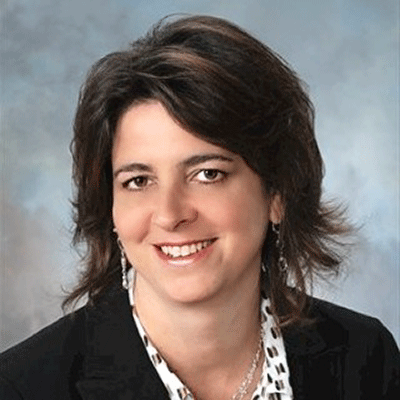State Authorization
For educational activity that occurs in a U.S. state or territory outside of the Commonwealth of Virginia, federal and state law require the University of Virginia to ascertain and obtain the prior authorization required by that host state, a concept referred to as ‘state authorization.’ The Office of Institutional Research and Analytics coordinates with all units to ensure compliance with state authorization on behalf of the University.
-
What is State Authorization?
-
States maintain the right to regulate out-of-state postsecondary schools that conduct business in their jurisdiction, consistent with student consumer protection and other public interests. As such, UVA must abide by the laws and regulations of another state in which it is engaged in educational activity.
Approval to conduct out-of-state educational activity is obtained through individual authorization by the state/territory where they activity is taking place or through participation in a reciprocity agreement.
UVA participates in the State Authorization Reciprocity Agreement (SARA), which establishes comparable national standards for interstate postsecondary distance education without additional regulatory authorization from member states. SARA also provides limited authorization to place students in supervised field experiences. Except for California all U. S. states, the District of Columbia, Puerto Rico, and the U.S Virgin Islands participate in SARA. Although California does not participate in SARA, it allows students to enroll in out-of-state programs. Additional information is available on the NC-SARA website.
Establishing an administrative or instructional site (i.e., physical presence) outside of the Commonwealth of Virginia carries significant and distinct review and approval requirements. UVA’s policy on Out-of-State Educational Activities outlines institutional responsibilities in this regard. For additional information on institutional requirements, please contact [email protected]. -
Student Rights
-
Students who reside in a State Authorization Reciprocity Agreement (SARA) state who have a complaint about UVA need to go through the institution's standard procedure for resolution of student grievances.
Students not satisfied with the outcome of UVA's grievance process involving specifically allegations of fraudulent activity, including the provision of false or misleading information, may subsequently submit a complaint to the State Council for Higher Education for Virginia (SCHEV) for final resolution. Examples of types of student complaints that may be brought to SCHEV include, but are not limited to, accuracy of job placement data, tuition or fee information, accreditation, whether a program meets licensure requirements, and course transfer information. Grade appeals and student conduct appeals are not allowed under SARA.
Important Note: Students considering an online program that leads to a professional license in a state other than the Commonwealth of Virginia are strongly encouraged to contact the appropriate licensing agency from the state in which they plan to practice before beginning the program, to ensure that the programs the licensure requirements of that state.
Below is a list of the State Portal Entities (SPE) and their contact information, which monitor authorization for their respective state.
State Portal Entities
-
International Students Enrolled in Online Programs
-
UVA works to provide global access to its online degree programs. While the University tracks issues related to international conditions, it is a student’s responsibility to understand requirements related to whether an online degree will be recognized outside the United States; how the collection of student data may be used in another country; and whether withholding taxes (in addition to the price of tuition) will apply. Some countries may not formally recognize foreign online degrees, which may have implications for students who later seek to enroll in other educational programs, or for those who seek employment with that country’s government or other employers requiring specific credentials.
International students considering an academic program that leads to a professional license should first confirm with the appropriate professional licensing board in their country of residence or the country where they intend to work as to whether a UVA online academic program will be recognized.
Contact
Cheryl Carroll

